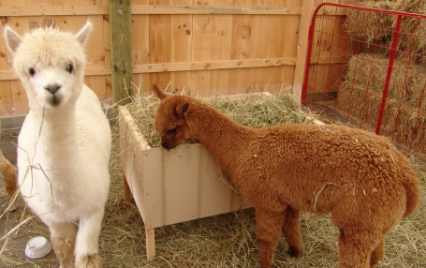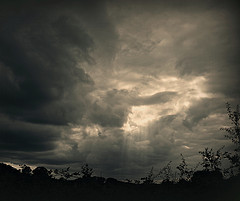If you’re here as a new visitor from the Midday Connection blog, or elsewhere…welcome! I update 3-4 times per week, and some great things are in store. Please poke around and enjoy. If you want to, leave a comment, or use the contact form (lower black tab reading: “contact me”) to connect. I’m really glad you’re here.
For all of my regular readers, thank you for making it a joy to have a blog. I appreciate you.
Today’s Reflection: Safely Home
I’m preparing for a season of preparation. Strange, huh? I’ll explain.
Many Christians across the world observe the “Christian calendar” which begins at Advent, about four weeks before December 25th. (In 2012 it starts December 2.) Advent is a pre-Christmas time marked not buy consumption, decorating, cooking, and the usual things that busy us in the time before Christmas day.
Instead, it’s marked by a time of special spiritual awareness. Themes of waiting, longing, and anticipation are the focus as we await the coming celebration of Light coming into the darkness: Jesus come to earth as a fragile baby.
But, it’s more then just a spiritual pre-season observance of an event in Christian history, it’s a recognition of a present reality that God has made a way safely home, to him.
The Incarnation is the coming of Immanuel (a Hebrew word meaning: God-with-us). It goes beyond the life, ministry, and death of Jesus of Nazareth as well…to the startling promise of God’s ever-abidding Holy Spirit that resides in us.
This is how God dwells among us, in the core of you and me. We are surrounded by his presence.
You are already home.
With God taking up residence within you, you are the home of God.
(He’s not sitting far off on a bright fancy, throne nestled in a cloud as Michelangelo would paint it, or as Deists may believe. Remember some Theology 101: God is spirit and has no physical body.)
So, during this season, before the holidays kick into hectic full-swing, be mindful and awed by the Goodness and provision of God. Be aware in your body and mind that house the Spirit of God. A gift of unimaginable worth.
Make ready the manger of your heart for a fresh and rich ongoing awareness of God’s love, grace, and presence that will culminate in the joyful celebration of the arrival of God-in-flesh.
If you would like to continue learning about these seasonal themes and enrich your Autumn and early Winter season, keeping visiting. I’ll focus some of my posts on these themes, sometimes with reflections, scriptures, prayers, and such. This time also (soon) includes the 2nd annual Advent Project which is an effort create a space and format for giving and goodwill in the areas of art and other creative expressions.
So, now, it’s your turn…







